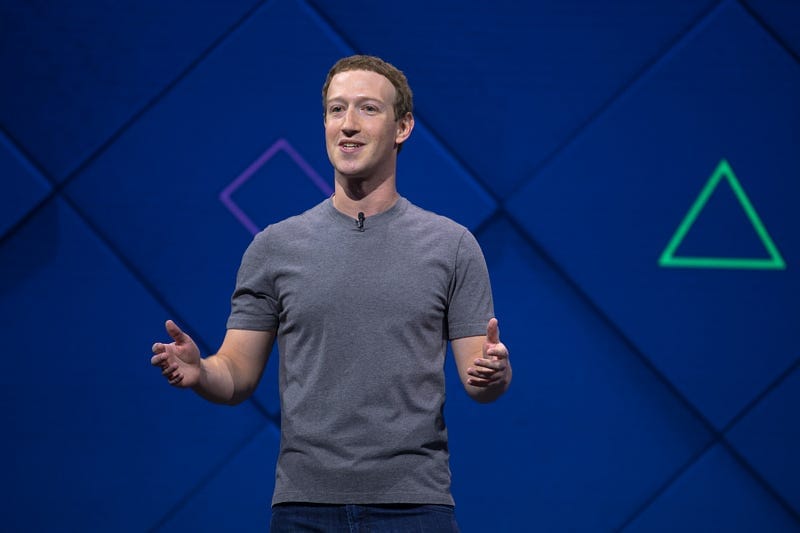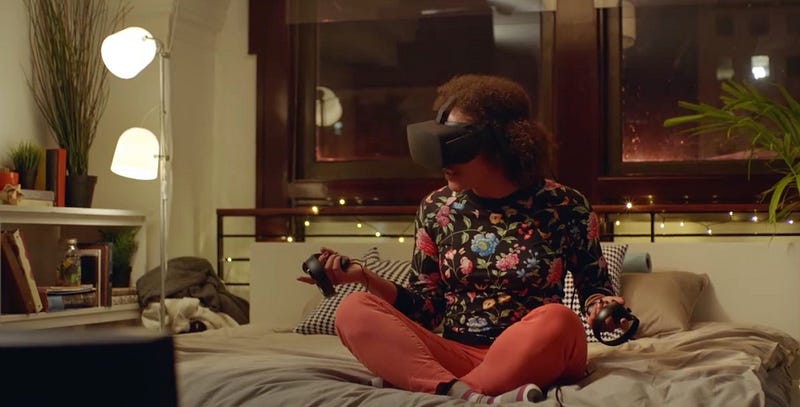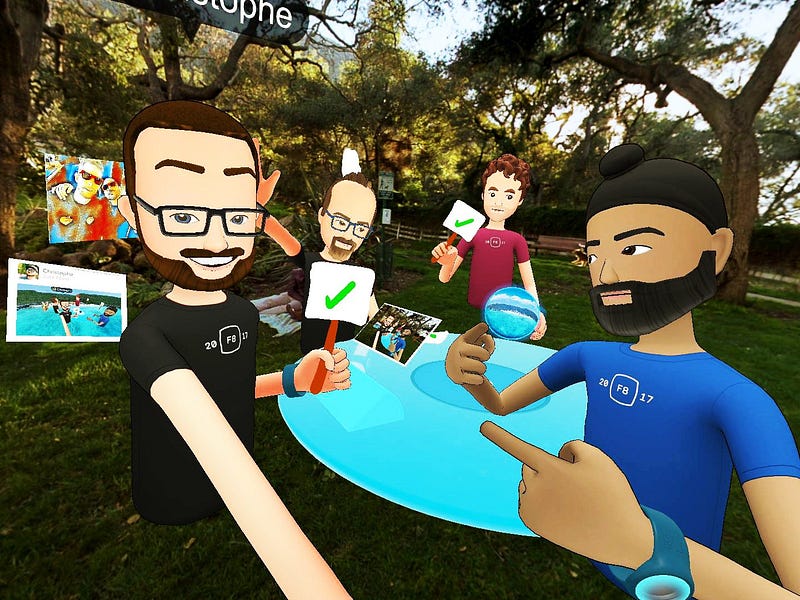Facebook’s VR app ‘Spaces’ is proof the company can’t perform in a vacuum
Love it or hate it, Facebook’s recent performance has been a force to be reckoned with. The company made the right move in acquiring…

Love it or hate it, Facebook’s recent performance has been a force to be reckoned with. The company made the right move in acquiring Instagram, its Messenger service is breaking records, and Zuckerberg is unabashedly trying to destroy the Snapchat Story, with some success.
Yet Facebook hasn’t really brought many new ideas to the table in recent years. Instagram was an acquisition, Messenger is a texting app that only continues to exist because of Facebook’s existing social network, and the blatant rush to implement Snapchat’s core feature in every Facebook service has been hit-or-miss, excluding Instagram’s promising stats.
Frankly, in every single new product Facebook has used its existing might over any other qualitative advantage. And it has worked! Good for them!
But Facebook Spaces shows just how tone-deaf the company is when left to its own devices and original ideas.
According to Zuckerberg: “The actors enjoyed shooting this video so much that they asked if they could stay in Spaces for a few hours after they were done.” Right.

Facebook Spaces is a new VR-service that feels like a slightly more modern Second Life, and it’s insanely tone-deaf and hollow.
Microsoft’s 2011 Xbox 360 application, Avatar Kinect, featured strikingly similar approach to virtual hangouts and went absolutely nowhere, despite the Xbox’s home console dominance.
Yet Facebook thinks this will be the killer app of a $600+ headset that requires a $1000+ computer.
Even if the technology was less cost prohibitive, the core idea behind Spaces should set off alarm bells for anyone living outside the Facebook bubble of easy success. Maybe in a time of poor internet speeds the idea of using 3D models in place of actual live video would make some sense, though the idea of strapping the headset to your head just to chat with substandard 3D models of your friends is in no way more convenient and personal than using the front-facing camera on your phone with any of the wildly popular video chatting phone apps out there for free. Facebook even makes one of these apps, it’s called Messenger.
I’m sure there is some sort of temporary fun to be had with this setup, but the reality is we already have the technology to talk to friends in realtime with a real, live video feed of the friend or friends. Why trade that in for whatever the hell this is?
I never thought I’d say this either, but please Zuck: just go and steal another app’s ideas, okay? I don’t need any more nightmares like this.



